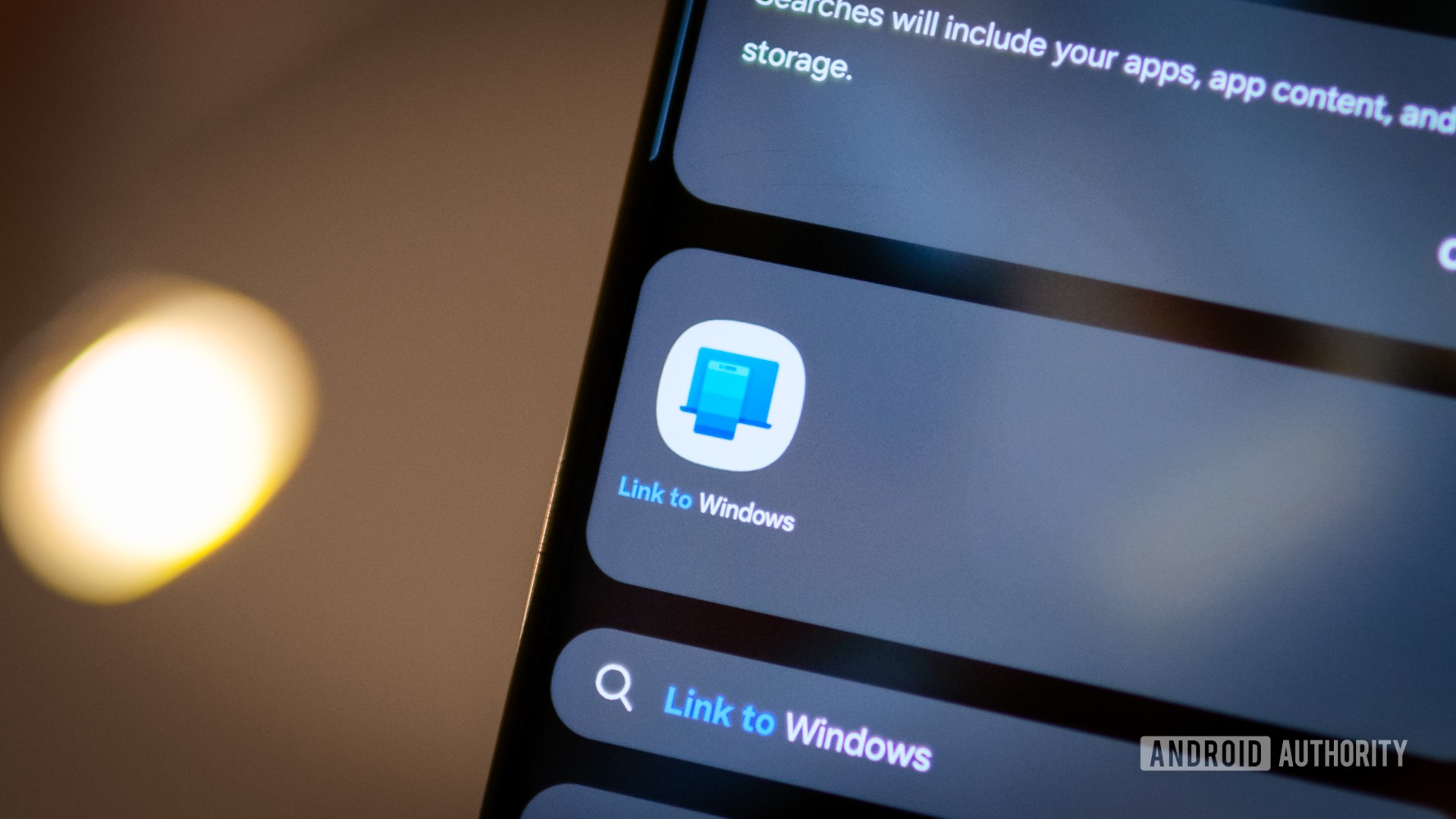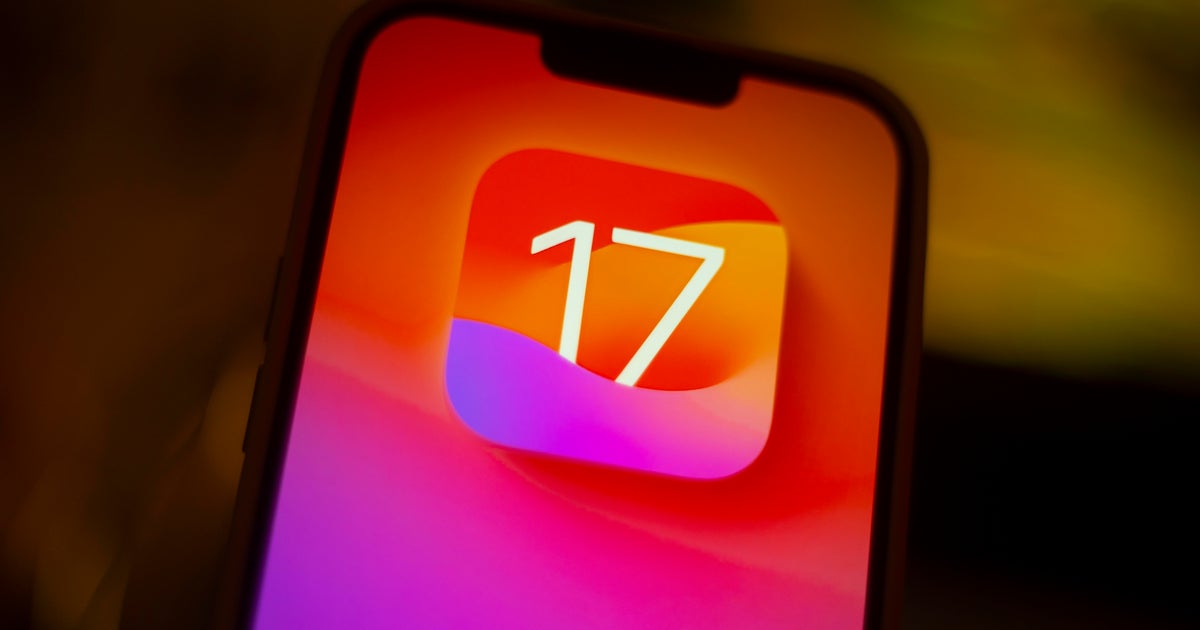TRAI’s consultation paper follows a Department of Telecommunications (DoT) communique sent in September last year, requesting it to reconsider its 2020 recommendations on a regulatory framework for OTTs and suggest a suitable regulatory mechanism for these platforms, including issues relating to “selective banning of OTT services”.
In its submission to TRAI, Reliance Jio noted, “we submit that while the service barring or internet is a legitimate tool for law enforcement, the current implementation leaves a lot to be desired”.
“The powers are being exercised for flimsiest of reasons and pretexts including and not limited to prevent cheating in exams, completely ignoring the public convenience aspect of such orders,” Reliance Jio added. “Service barring orders need to be issued for most necessary cases and massive service disruptions and impact on all other genuine users should be avoided.”
The telecom company has submitted that uniform instructions should be issued to all concerned authorities to use service-barring powers judiciously and only for security-related concerns and other methods should be used for non-critical requirements.
Also read: Did you get a WhatsApp video call from unknown number? Chat apps fair game as online con takes new form
Telcos bat for selective banning of apps
All telecom service operators, in their submission to TRAI, have batted for the option of the selective banning of OTT applications as opposed to a blanket ban on internet, and sought that the onus for this be put on OTTs directly rather than the operators.
“The concept of selective barring of OTT applications and urls instead of a blanket ban on the internet services is a preferable solution,” Reliance Jio said. “As blanket ban on data services has a debilitating effect on the economy as all critical governance and utility services are also barred. Therefore, the authority should recommend measures for selective barring.”
Bharti Airtel, too, welcomed the suggestion of selective banning of apps and websites, and said that “OTT services and the entities hosting the websites purported to be blocked should directly be involved in the blocking as the appropriate stakeholders, instead of relying on TSPs/ISPs”.
The Cellular Operators Association of India (COAI) — of which all the three private players are members—added that OTT providers should implement IT solutions that would allow them to swiftly suspend their services in the case of an internet outage.
“We believe that selective banning of OTT services and websites is a desirable alternative, however, it has to be done at the source level,” COAI said in its submission. “Direct involvement of the concerned OTT services and websites, OS-providers (operating system providers) in the process will also ensure that the normal data continues to run without having any negative impact on the economy or other digital services.”
Vodafone Idea further added that the blanket shutdown of the internet should be explicitly disallowed, and suggested that due responsibility be cast upon OTT service/website service providers for providing solutions to ensure the selective blocking of their services in a specific region.
‘Users will find a way to evade ban’
However, several industry bodies which include some OTT platforms as members, including the Broadband India Forum (BIF) and Asia Internet Coalition (AIC), have pointed out that such a step is likely to make consumers more motivated to find workarounds to the selective bans on OTT services.
For example, they pointed out, users shifted to the Signal messaging app as a result of the US Government announcing a ban on the Chinese WeChat app. Therefore, selective banning of apps will not stop people from communicating with each other.
“Another popular workaround to selective bans is the use of VPNs (virtual private networks),” BIF said in its submission. “News reports suggest that Russia’s ban on certain social media websites increased the demand for VPNs by a significant amount.”
Significantly, it added that, even in the Indian context, a similar trend was observed in Jammu and Kashmir when there were successive and prolonged internet shutdowns and only certain websites were made available for a while.
“Therefore, the reliance placed on VPNs to circumvent selective banning cannot be avoided, or even curtailed (despite attempts to regulate VPN services under the CERT-In directions),” it added.
Pointing out that users rely on OTT services as part of their day-to-day lives, including to communicate with each other freely and even carrying out small businesses, AIC added that selective banning of OTT services may hamper users’s fundamental rights under Article 19(1)(a) and Article 19(1)(g) of the Constitution.
“This is in light of the fact that the Supreme Court of India in the landmark Anuradha Bhasin case had noted that these fundamental rights can be exercised over the internet as well,” AIC said. “Since selective banning will likely curb these fundamental rights, it is vital to ensure that the proportionality principle is satisfied before the Government adopts the same as a policy tool.”
Meanwhile, the Internet and Mobile Association of India (IAMAI) reasoned that digital service providers, including OTT service providers, are regulated under the IT Act and the IT Rules.
“These legislations sufficiently cover security-related issues pertaining to digital services,” it said. “The Government has, in the past, relied on this provision to carry out blocking… Therefore, there is no need for additional regulations governing selective banning of OTT services.”
“The current regulatory framework is sufficient,” it added.
(Edited by Poulomi Banerjee)
Also read: Net neutrality under threat? It’s OTTs vs telcos again over proposed internet usage fee










